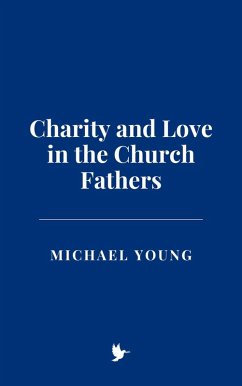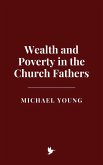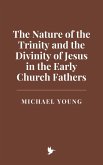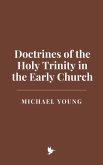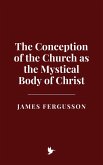This book explores the concept of love throughout the history of Christian theology, philosophy, and social thought, examining how love has been understood, articulated, and lived from the early Church Fathers to contemporary thinkers. Beginning with the foundational theological insights of figures such as Augustine, Athanasius, and Basil the Great, the text traces the evolution of love as a divine virtue central to Christian salvation, ethics, and communal life. The book then delves into the impact of the Reformation, where love was redefined in the context of faith and grace, followed by Enlightenment thinkers, who shifted the discussion toward rationality and humanism. The 20th century sees the rise of existentialism, psychoanalysis, and liberation theology, which all reframe love in light of human freedom, social justice, and psychological complexity. The work culminates in contemporary theological, philosophical, and ethical reflections on love, from the relational theology of Karl Barth and modern liberation movements to the feminist and existentialist critiques that challenge traditional views. With a focus on both theological and secular perspectives, the book offers a comprehensive exploration of how love, as both a theological concept and a human experience, shapes and transforms individual lives, communities, and the world at large. It emphasizes love's enduring relevance in addressing issues of justice, equality, and human flourishing in the modern age.
Dieser Download kann aus rechtlichen Gründen nur mit Rechnungsadresse in A, B, CY, CZ, D, DK, EW, E, FIN, F, GR, H, IRL, I, LT, L, LR, M, NL, PL, P, R, S, SLO, SK ausgeliefert werden.

